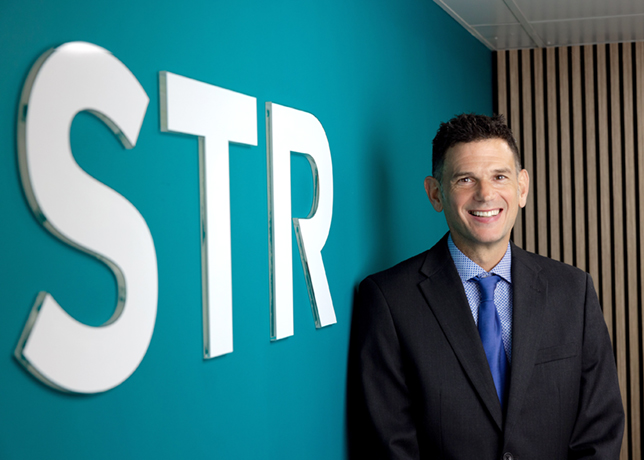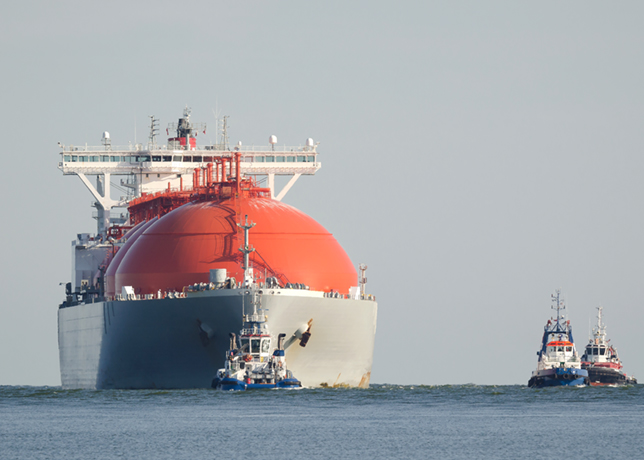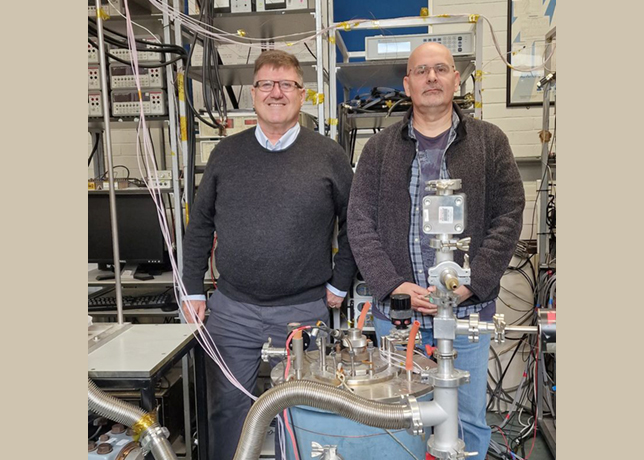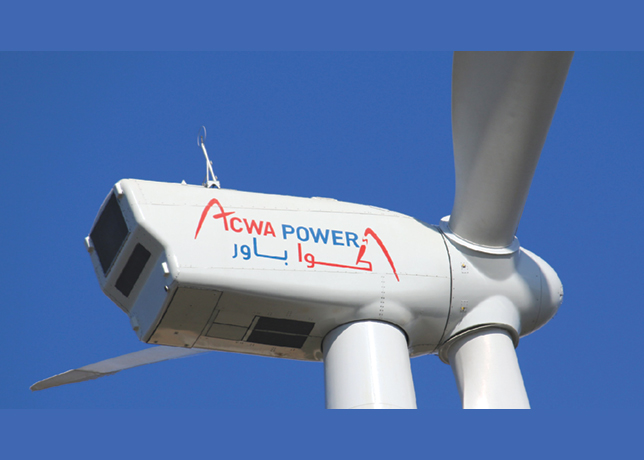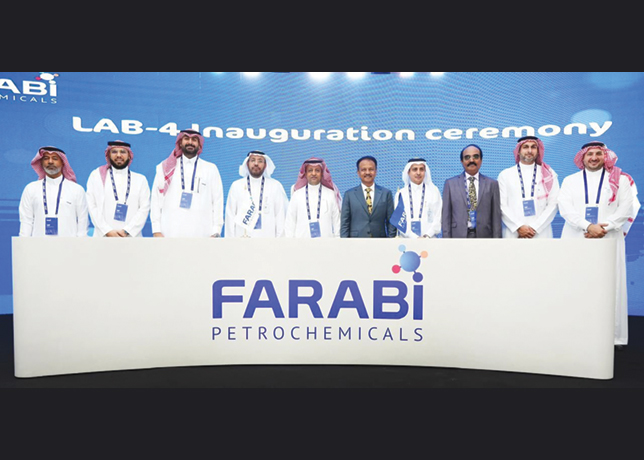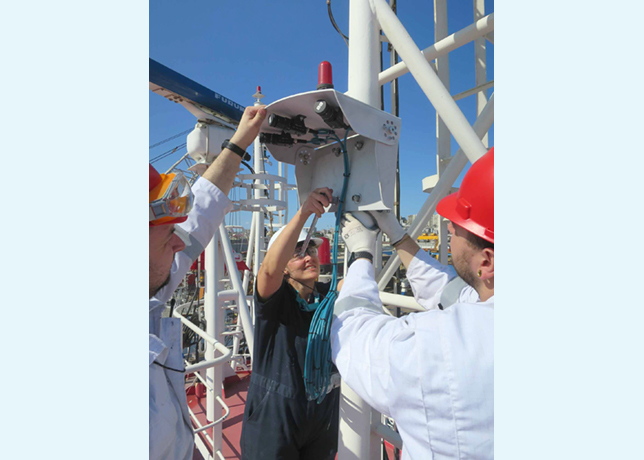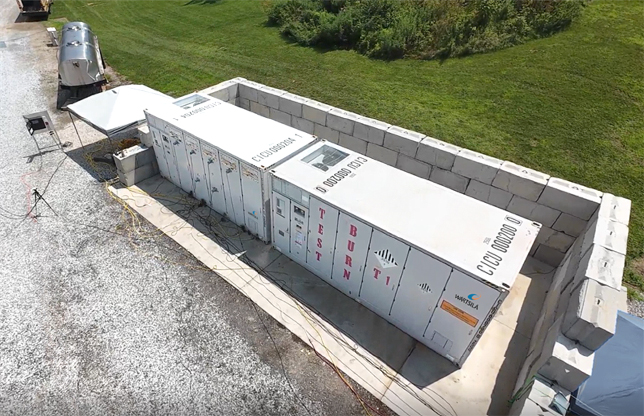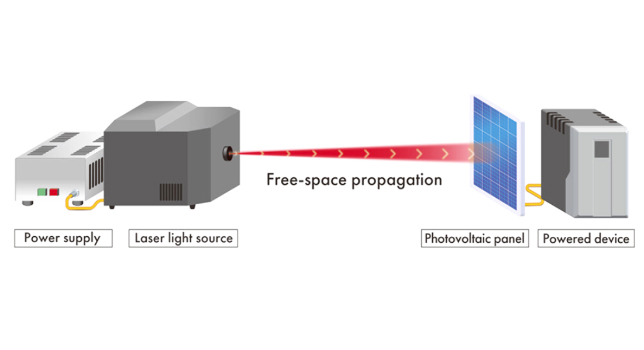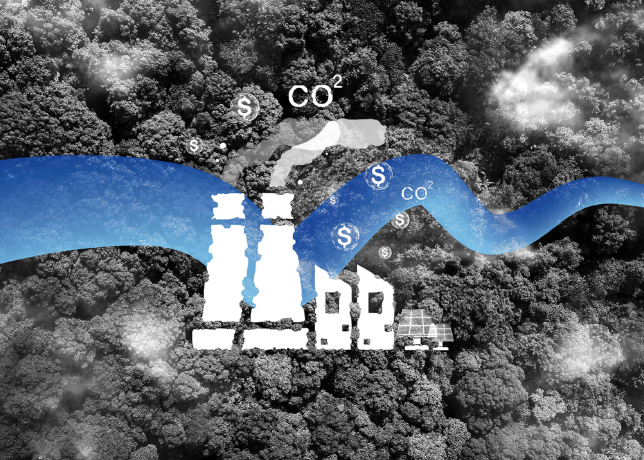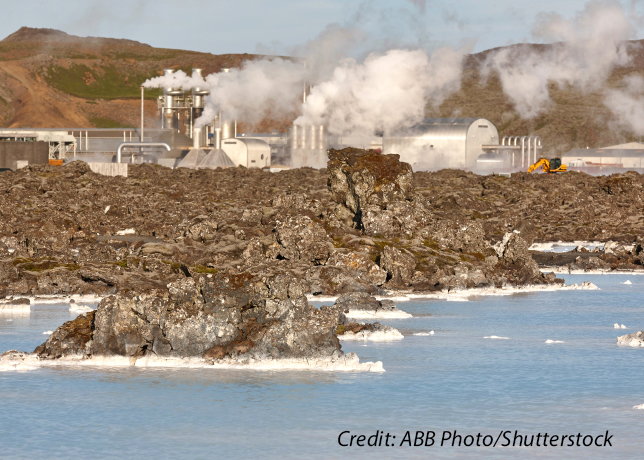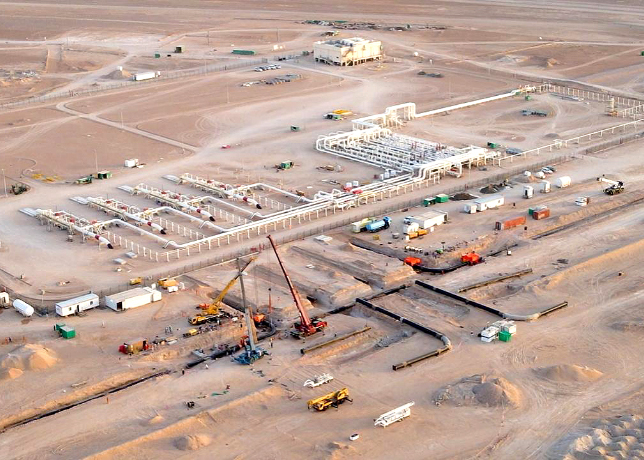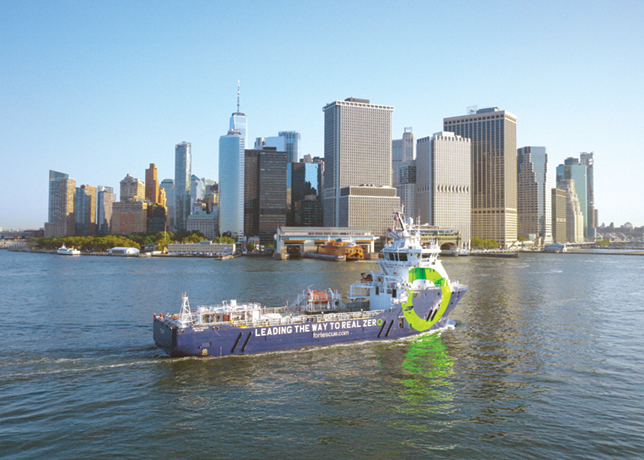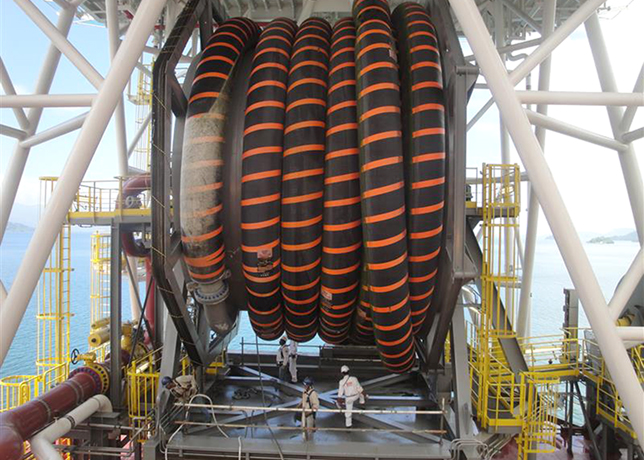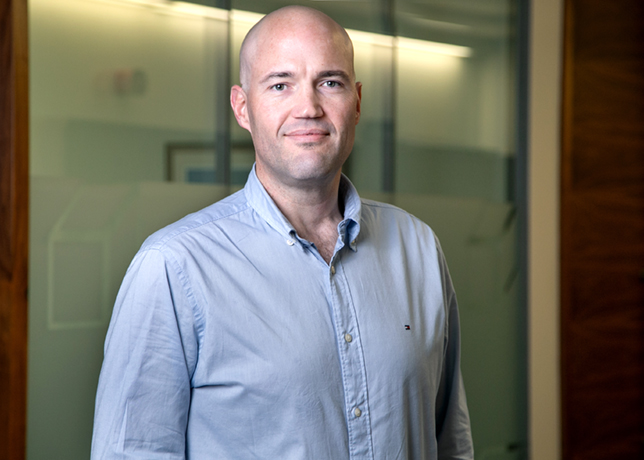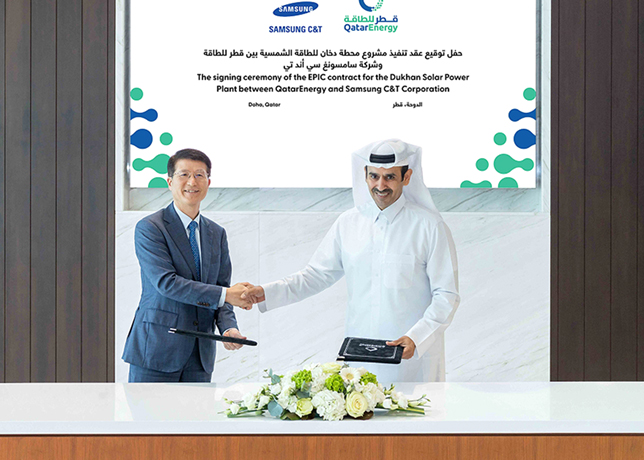
The Environment Authority (EA) said that it is adopting a set of innovative financial policies and strategic initiatives to keep pace with Oman’s 2050 carbon neutrality objectives.
This approach, it
explained, involves obtaining funding from the Green Climate Fund (GCF) along
several tracks, which include boosting accreditation and readiness and
developing proposals for projects, partnerships and international cooperation.
The Environment
Authority plays a leading role as a partner in devising environmental projects
that are eligible for funding, notably through the development of the National
Adaptation Plan (NAP).
It also works in
cooperation with global bodies like the Green Climate Fund to develop the
National Climate Change Adaptation Plan (NAP), which seeks to identify priority
needs, devise a national strategy for financing of the NAP and cooperate to
open up pathways for green financing.
The Environment
Authority has signed a cooperation programme with the Global Green Growth
Institute (GGGI), with the aim of facilitating access to green financing and
supporting the parties concerned, to enable them to communicate directly with
the GCF and focus on nature-based solutions.
The Environment
Authority lays emphasis on land reclamation and mangrove restoration projects
due to the projects’ dual role in adaptation and carbon sequestration.
The EA also keeps
updating the Climate Affairs Management Regulation, with the aim of better
monitoring the performance of companies and establishments (in terms of impact
mitigation and adaptation), in addition to providing an efficient framework
that supports transition to green practices.
Khalid Al Balushi,
Acting Director General of Climate Change at the Environment Authority, told
the Oman News Agency (ONA) that the Accreditation and Readiness Programme is a
mechanism that requires national bodies to gain accreditation or to work
through accredited entities to build national capacities, by enabling local
institutions to become direct points of access that are accredited by the GCF.
A banking
establishment in Oman has been selected as an accredited institution by the
GCF.
Its role includes
coordinating project funding requests and benefiting from the GCF
"Readiness Programme", through which this banking establishment seeks
to obtain grants from the GCF to enhance its ability to develop climate
projects and devise national adaptation plans and national action plans for
green growth.
Al Balushi pointed out
that the establishments concerned rely on partnerships to enhance access to
financing and project implementation opportunities like "international
cooperation", which involves working with international organisations
accredited by the GCF (like the Food and Agriculture Organisation or the GGGI)
to submit joint project proposals and to engage the private sector through the
attraction of private financing for climate projects.
The Green Climate Fund
encourages the use of public resources to improve risk forecasting for private
investments.
For Oman, climate finance gains significance for four main reasons that are linked to the country’s economic and environmental transition: Firstly, “Achieving carbon neutrality” to provide necessary financing for investments required in sectors like renewable energy and clean transport; Secondly, “Promoting and diversifying the green economy” to build a resilient infrastructure and developing new and sustainable economic sectors—thus supporting Oman Vision 2040; Thirdly, “Adapting to the effects of climate change” and this involves financing of vital projects to enhance coastal resilience, protect water resources and support sustainable agriculture—thus reducing the impact of climate phenomena on communities; and Fourthly, “Attracting private and international investment” to help devise a clear regulatory and financial framework for sustainable financing that contributes to increasing the confidence of foreign investors and private sector enterprises, encouraging them to invest in green projects in Oman.











